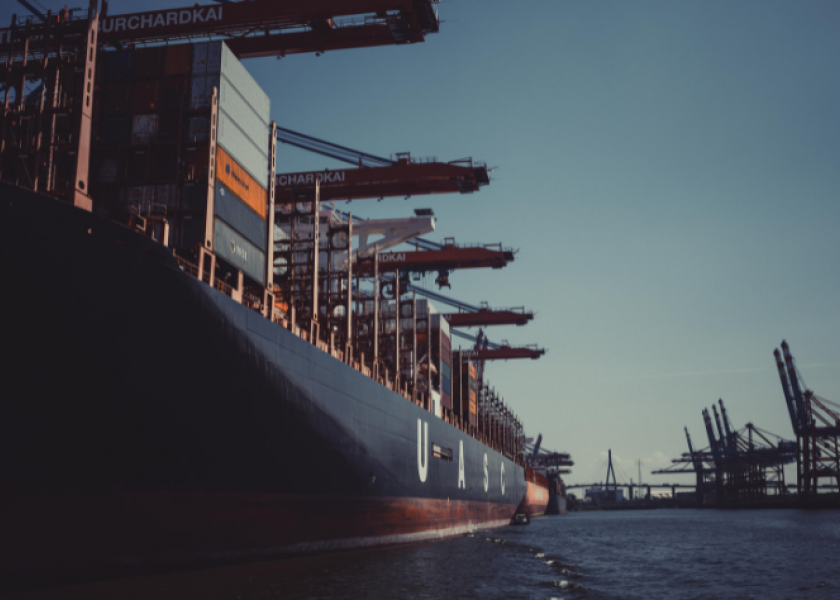IPEF Talks Must Address Technical Barriers to Trade

By Maria C. Zieba, vice president of international affairs for the National Pork Producers Council
Representatives of the Indo-Pacific Economic Framework for Prosperity (IPEF) nations are meeting Sept. 11-17 in Thailand. The National Pork Producers Council (NPPC) urges the Biden administration’s trade negotiators to continue to raise unwarranted food safety, animal health, and technical barriers some IPEF countries have that limit market access for U.S. pork.
The administration launched the regional initiative more than a year ago to forge closer economic ties among the 14 countries that make up the IPEF — Australia, Brunei, Canada, Chile, Fiji, Japan, Malaysia, Mexico, New Zealand, Peru, Singapore, South Korea, Vietnam and the United States. The countries have completed four rounds of talks on four broad areas. In the trade area, negotiators have agreed as a negotiating objective only “to seek to craft high-standard, inclusive, free, fair, and open trade commitments that build upon the rules-based multilateral trading system.”
U.S. pork producers — who rely heavily on exports, shipping over 25% of last year’s total production worth nearly $7.7 billion to foreign destinations — are concerned the talks won’t address tariffs and market access issues, including sanitary and phytosanitary measures, that restrict their exports.
For decades, U.S. pork exports have faced depressed exports into Asia many times due to unreasonable regulations and technical barriers to trade inconsistent with international trade rules. NPPC’s priority during these negotiations is to have nations agree to reasonable, science-based sanitary and phytosanitary standards and eliminating unjustified technical barriers.
In the IPEF talks, the U.S. pork industry has raised the nontariff barriers of several countries, including:
• Australia limits U.S. pork for the retail market to products that are heat-processed or frozen and boneless for further processing because of what it claims are risks associated with the transmission of porcine reproductive and respiratory syndrome (PRRS) virus to the Australian swine herd. The restrictions, NPPC has pointed out, are inconsistent with international standards and scientific findings showing that pork trade does not increase the risk of transmitting PRRS.
• The Philippines requires cold storage for imported meat, including pork. Domestically produced meat is exempt from the requirement, which suppresses demand for U.S. pork and violates World Trade Organization rules related to nondiscriminatory treatment of imports.
• Vietnam restricts imported white offal (e.g., intestine, spleen, tongue) first through a ban on the product and now through an inconsistent approval process for allowing it into the country. In early 2014, Vietnam rescinded the import ban on white offal — it lifted a ban on red offal in 2011 — but required paperwork for importation. Many U.S. companies have completed the paperwork but are still awaiting approval from the Vietnamese government.
Successful IPEF negotiations on issues related to supply chains, clean energy and climate change, and taxation and anti-corruption also may improve trade in the region. We look forward to the successful conclusion of an agreement that addresses the myriad of trade-limiting issues faced by our industry. A level playing field in the region would give U.S. pork producers access to the IPEF’s 1.5 billion consumers and $40 trillion of GDP.
More from Farm Journal's PORK:
How Accountability Helped Turn Biosecurity Around at Eichelberger Farms
What Was Everyone Talking About at the 2023 Carthage Swine Conference?
What’s the Greatest Challenge in the Swine Industry Facing Your Generation?







